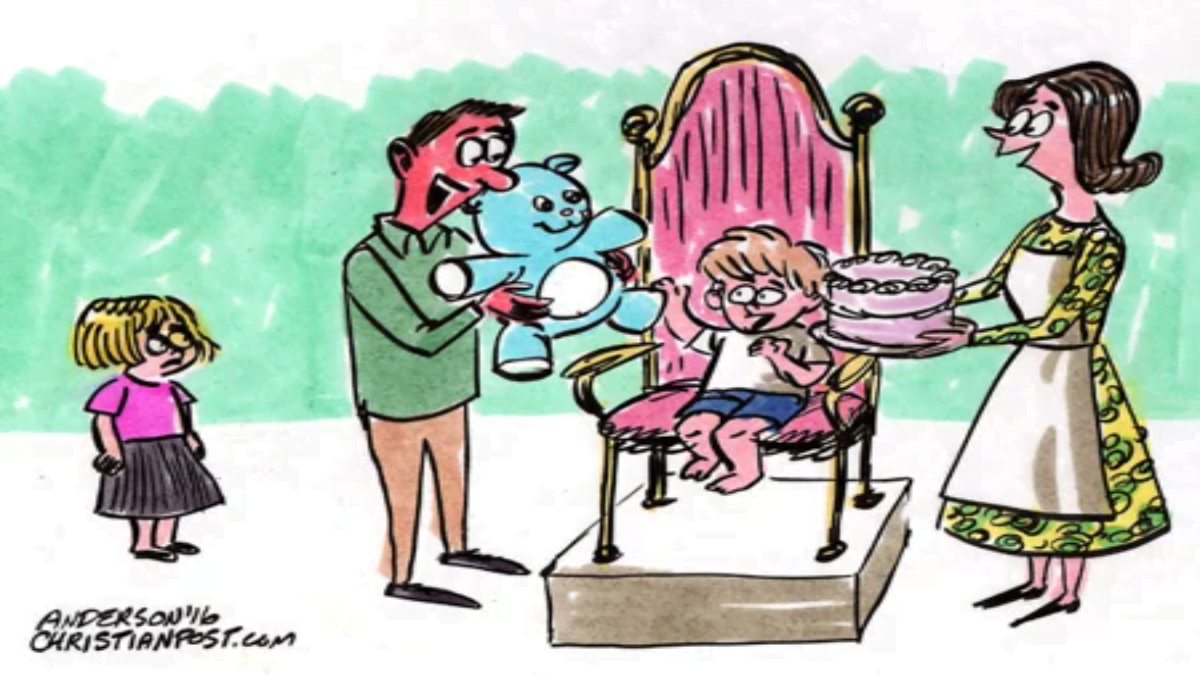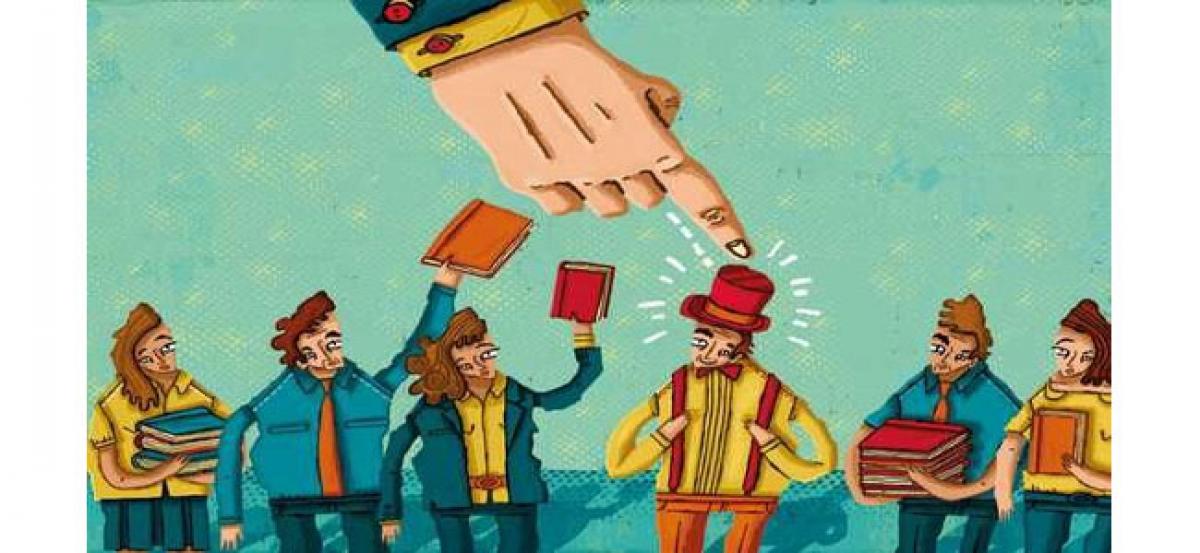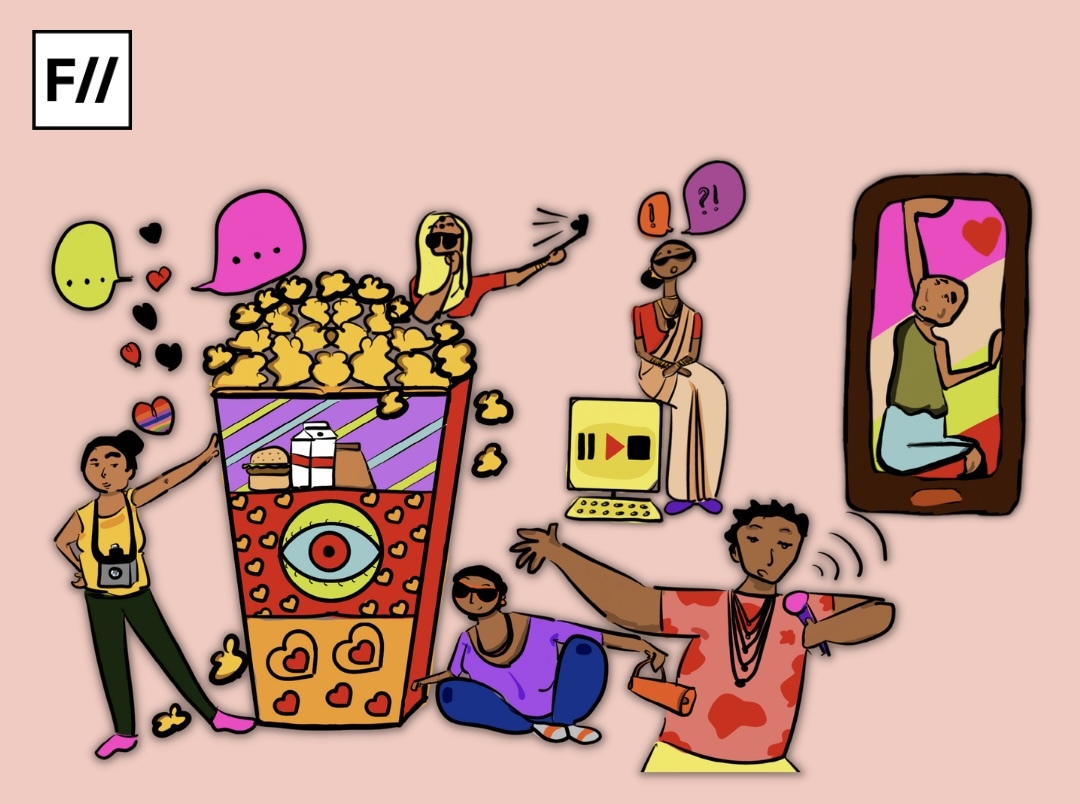Charity begins at home and so does favouritism.
UNESCO defines favouritism as an ‘inclination to prefer acquaintances, friends and family over strangers.‘ According to UNESCO, ‘When public officials demonstrate favouritism to unfairly distribute positions and resources, they are guilty of cronyism or nepotism, depending on their relationship with the person who benefits.’
Most of us have probably experienced the feeling at some point in our lives when our parents love our older or younger siblings more than us. We might wonder why – maybe they’re talented in a particular field, maybe they’re accomplished in their chosen career, etc. It’s no secret that families don’t provide an equal playing field for their children and we all have experienced obvious favouritism firsthand.

The impact of favouritism on mental health was masterfully and flawlessly depicted in the Pakistani TV drama Razia, which deviates from the conventional saas-bahu narrative. Razia represents any girl who has experienced favouritism at her own home only due to the patriarchal culture. In one of the episodes, Razia’s mother requested her to put aside the chicken leg piece she had chosen for herself at dinner because it was meant for her father and brother.
The impact of favouritism on mental health was masterfully and flawlessly depicted in the Pakistani TV drama Razia, which deviates from the conventional saas-bahu narrative
Children who receive a lot of petting often tend to turn into spoilt brats. They can act aggressively from an early age or throw uncalled-for tantrums. Favoured kids could feel superior and think they can flout the rules. This may have a negative impact on their capacity to maintain relationships as well as on how they behave at work, in school, and even with their friends.
Often parents label their kids as “talented” and “black sheep of the family” and the latter could make children develop animosity towards their parents, engage in attention-seeking behaviour, indulge in oppositional behaviour, have low self-esteem, feel unworthy, and begin to harbour resentment towards the preferred siblings, all of which could influence how they behave as adults.
In addition, these kids frequently exhibit intense reassurance-seeking conduct and are more sensitive. They are more violent, and depressed, perform worse in school, and have worse self-esteem as they are constantly trying just to please people – parents, friends and teachers.
‘Teacher’s pet, is that you?‘: favouritism in school
A majority of students feel discriminated against or alienated from teachers because of their partial nature, which can lead to students feeling demotivated, discouraged, or underconfident in comparison to those pupils who have this advantage. It was shown that pupils prefer teachers who are personally close to them. Favouritism is an unfair practise in schools that leads to and influences a student’s failure or success.
Education disparities and unfair benefits occur when teachers get along better with some pupils than others and provide them additional privileges as a result.
Education disparities and unfair benefits occur when teachers get along better with some pupils than others and provide them additional privileges as a result.
“The boss’s favourite chap”: favouritism in the workplace
Did you feel that your hard work more than often goes unappreciated and yet a colleague is praised or given special treatment for that same equal workload? Here favouritism is apparent which can lead to an experience of difficulty in focusing and one might become disinterested in their work.
‘I work in a team of four with similar daily workloads, however, my manager frequently praises a team member who not only engaged in unethical workplace practices but also displayed polarising behaviour. They are always given preferential treatment over others, which has significantly changed the entire workplace‘, according to Saima, a senior marketing manager at a reputable company.
A manager can undermine employee motivation and weaken team unity by treating people unequally. The effects of a company’s management treating some people better than others are not limited to those who are in the spotlight. It may have a knock-on impact that ruins team harmony, reduces morale, and affects output in general.
A manager can undermine employee motivation and weaken team unity by treating people unequally.
This ripple affects every area of the work – team unity gets disrupted, resentment among team members develops and enthusiasm for team tasks drops down excruciatingly. Due to the perception that their work isn’t valued or that they won’t be able to grow within the organisation, favouritism may result in greater employee turnover.
The right to equality
It is often known that favouritism leads to poor economic progress, violent political opposition, and economic inefficiency. The quality of service provided to the public may suffer when someone is hired based on relationships rather than qualifications and expertise. Additionally, the confidentiality that ought to accompany government recruiting and contracting procedures is compromised by favouritism, which is often concealed.
Favouritism – at home, work, schools/colleges- can be readily eliminated with correct education and by unlearning prejudiced behaviour. To ensure better practises in the future, one can take the essential action by being able to recognise it. As Infosys co-founder N R Narayana Murthy rightly said ‘India needs a culture of honesty and no favoritism.’ Hence, treating everyone equally is not only the right thing to do – it is a smart thing to do.









Very insightful!
Thank you Mehwash!
It is very insightful and delighted us.